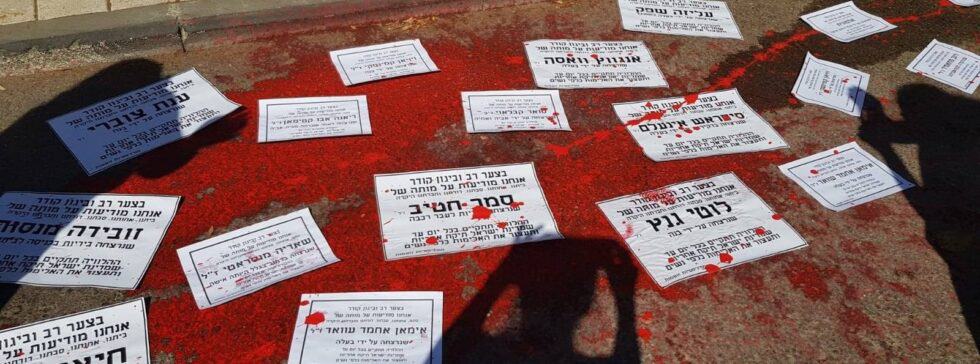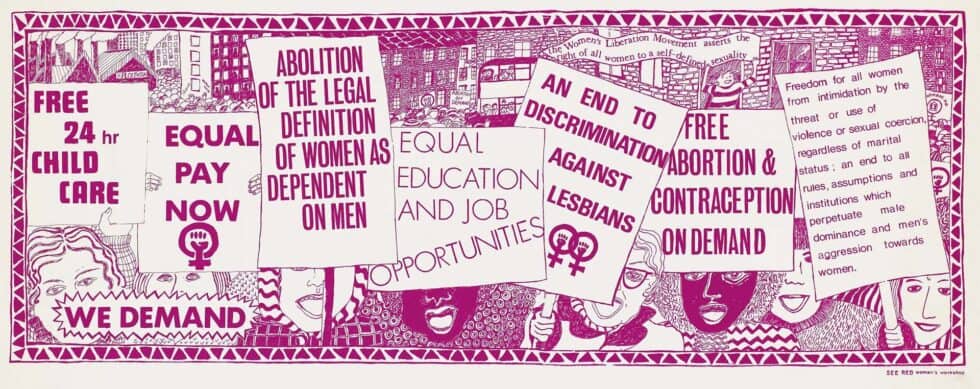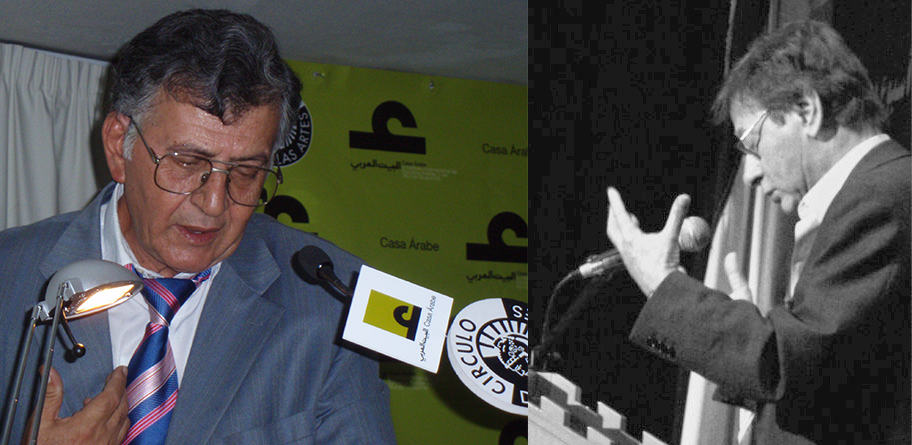A spotlight on Varda Shiffer
11.11.2020 |
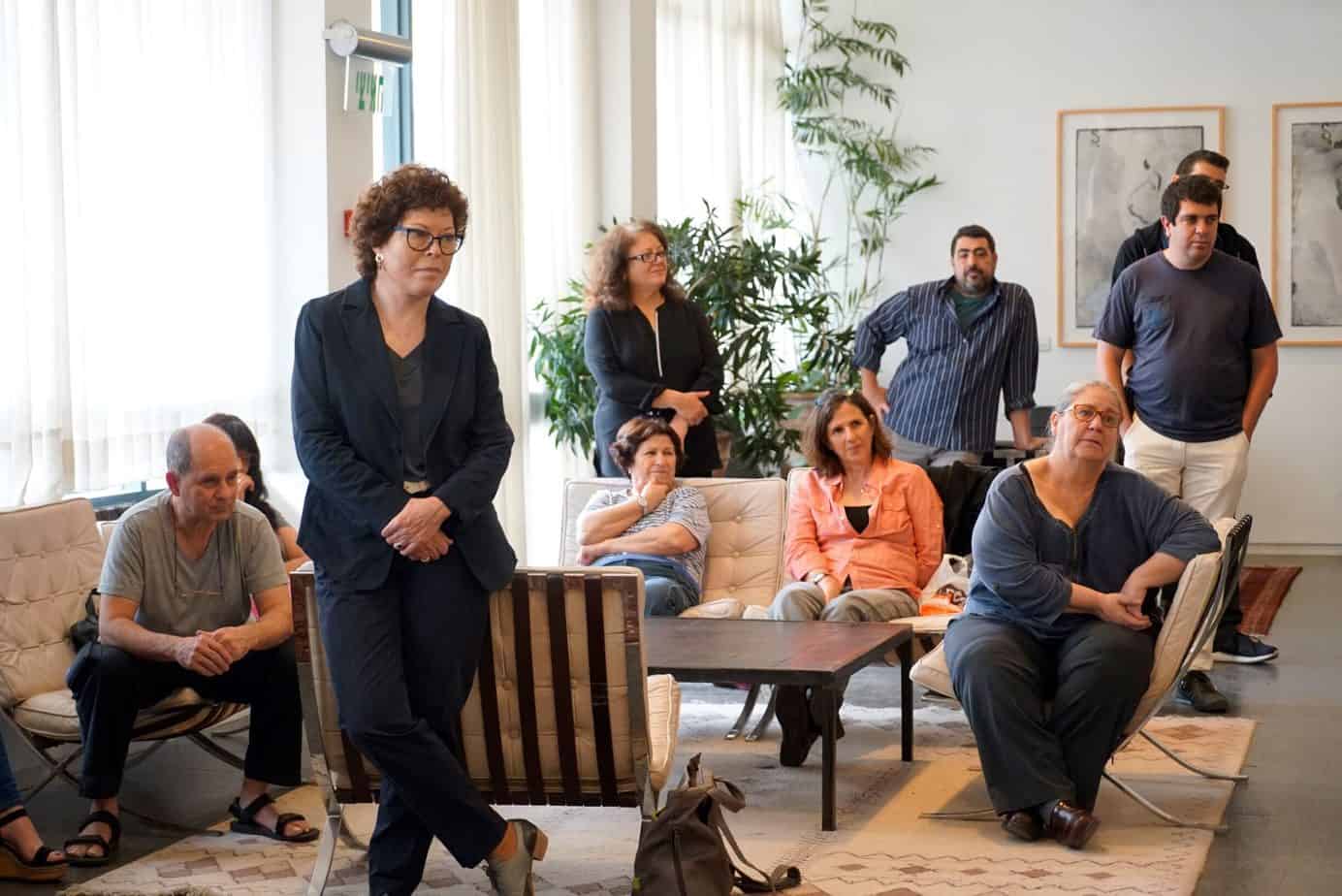
The Van Leer Institute is not only an intellectual institution engaged in the development of groundbreaking ideas. Nor is it merely an impressive building at the heart of an elegant campus in Jerusalem. For us, the institute's employees, Van Leer is mainly a place of real friendship, of teamwork, and of mutual support.
So who are we, the employees? We decided to turn the spotlight every now and then to the women and men who are at the heart of the institute's activity, to allow others to experience some of what we experience here every day.
We went out and interviewed employees to bring you a somewhat different perspective on the Van Leer Jerusalem Institute.
After our conversation with Ronit Tapiero, this time we turn the spotlight to Dr. Varda Shiffer.
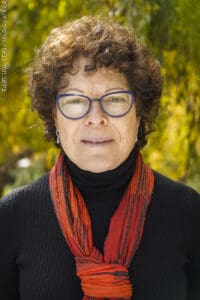
Varda is a senior research fellow at the VLJI. She is a well-known persona in the area of educational leadership in Israel, and there are not many people in that field who are unfamiliar with her name or work. For the last seven years, Varda has led an action research project at the VLJI that tested models of collaborative governance to improve education in peripheral localities in Israel. The question was whether leadership teams in disempowered local authorities could assume more responsibility and authority to manage the education systems in their towns. That idea has started to gain traction lately and may yet lead to real change in the Israeli education system. In the meantime, at the VLJI, we simply enjoy talking to Varda and benefitting from her wisdom.
Varda, who are you? What was your life like before Van Leer?
I think I am the ultimate cliché of the second generation of a Holocaust survivor and first generation of Israeli independence. I was born in the very center of Tel Aviv, into the German-speaking "ghetto". The two elements that shaped me until I went to the army were studying music for 13 years, despite my rather limited talent, and the Scouts, where I was very active until the army. In short, a desperate attempt to be Israeli. My military service was both meaningful and traumatic: in the headquarters of the Operations Branch during the War of Attrition, and seven more years of reserves in which I was the “operations girl” – the one who records the operational diary. I was recruited to reserve service on Yom Kippur 1973 at 12:00 noon and discharged on December 23 as a different person.
My career always moved forward on two tracks, and alongside my work I was also a social activist. For 16 years I worked at the State Comptroller's office in the section supervising the education system, for another 16 years at the Mandel Foundation - Israel, and between those two periods I had a fascinating experience as the chief scientist of the Civil Service Commission when Itzhak Galnoor was the Commissioner. My most meaningful job was building and managing the Mandel Center for Leadership in the Negev. Parallel to my work, I was active in the Israeli section of Amnesty International, which was an excellent school of human rights, on the board and committees of the New Israel Fund, and several other organizations.
And how does that relate to what you do at the Institute?
My work at the Institute is the next layer of my work at the Mandel Center for Leadership in the Negev. Every position I held at the Mandel Foundation was in many ways a critique of the previous program that I had built or managed; likewise, the research project of local authorities that I led at the Institute was a critique of my work in the Negev.
What is your idea of an ideal society?
A caring society. Active in the defense of democracy, human rights and communitywellbeing. A society that is not passive. A society that has a base of agreements on core values. A less divided and more empathetic society.
Could you share with us an insight from your work?
Something really banal: people are alike. We all want the same thing for our children, we all envision a better future in a similar way. Yes, we are born equal. And something else: improving external conditions and a good education can improve opportunities and prospects. Since we have a completely failed education system I am really angry by what I see, much more so than some of the people harmed by the education system whom I work with. Some of them are quite happy with things as they are and others don't believe it can be changed. I seem to still believe it can.
And what isn't written in your CV?
Oh dear! That despite all my efforts, I still maintain quite a lot of my German heritage. I hear a lot of classical music: opera, artistic singing, and jazz.
Shall we try to sum it up in one word?
When you grow up you will be:
Easy going.
If you were not an educational researcher you would be:
Perhaps a singer after all?
The number one discipline is:
Even though formally I come from political science, the discipline that affected me the most was actually sociology.
The best theoretical concept:
Empathy – not pity.
The most important or most valuable intellectual/researcher:
John Rawls in his first incarnation, with his Theory of Justice.
Your corner at Van Leer:
The upper lobby of the historic building. A non-corner intersection and a preferred place for conversations about our work experiences in towns in the Negev and in general.
The Van Leer Jerusalem Institute is:
A safe haven.
Dear Varda, thank you so much. I love how in every conversation with you I always learn something new.


